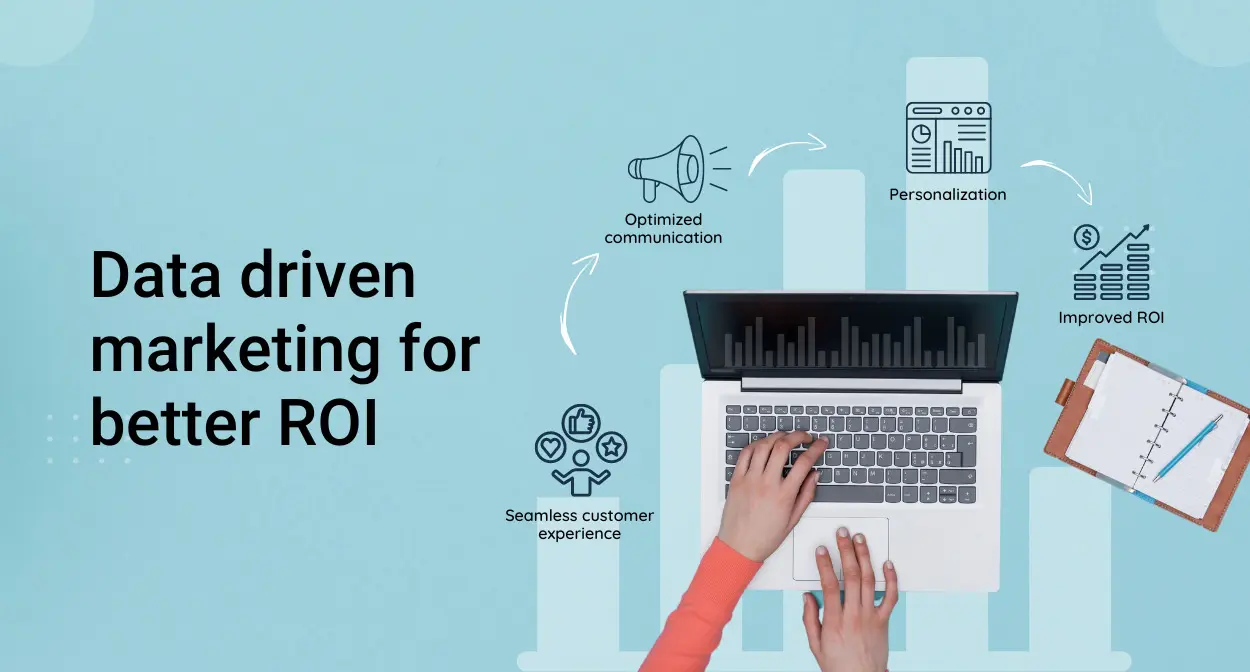By Felicia Nwosu
In today’s competitive and technology-driven marketplace, the success of businesses increasingly depends on how well they leverage data to generate Return on Investment (ROI). The integration of digital tools, mobile accessibility, and real-time analytics have transformed not just the business landscape, but also how media houses and brands interact with their audience.
Across the globe, marketing experts are emphasizing the importance of leveraging data and technology to generate Return on Investment (ROI) in today’s rapidly evolving, competitive business landscape.
With digital platforms transforming traditional methods of audience engagement and sales conversions, industry leaders are urging businesses to embrace data-driven strategies to
stay relevant.
Jude Odia, Managing Director of Starcom Media Perspectives, highlighted the necessity for traditional media, such as TV stations to adopt mobile-friendly strategies to survive in the digital era.
“If traditional media slows down due to bureaucracies, they might hemorrhage badly, even if they don’t completely die. Businesses must diversify their value propositions and accelerate their technological capabilities.
“Take, for instance, the TV industry, for traditional TV stations to survive in the digital age, they must ensure that their audience can access content on mobile devices, without any disruptions or time shifts. In this fast-paced world, where digital-first platforms dominate, stations must incorporate mobile-friendly strategies to remain relevant.”
Odia further stressed that data has become a key factor in measuring audience engagement and providing real-time feedback to advertisers. He added that efficiency is key, especially with inflation impacting advertising budgets.
“Cash is king, but you can’t lose money by shooting in the dark. You need data-driven insights to guide marketing solutions. The role of data in measuring audience engagement is pivotal. As more platforms, both traditional and digital, seek to prove their value to advertisers, the need for reliable, real-time data becomes indispensable.
“For digital platforms, it’s plug-and-play. The back-end metrics are available in real time. . Many Fast-Moving Consumer Goods (FMCG) companies are now attributing up to 30-40% of their sales to online transactions.”
Similarly, Seni Adetu, CEO of Algorithm Media, discussed the growing adoption of technologies such as programmatic advertising, which are revolutionizing the marketing industry.
“Programmatic is one of the fastest-growing technologies, especially in markets like the US, China, and Europe, where adoption is growing by 40-50% year on year, although Nigeria is still catching up, the use of programmatic advertising is expected to reshape the country’s marketing landscape.”
However, Adetu cautioned that infrastructural challenges, such as power shortages and slow internet speeds,continue to hinder the full potential of these technologies in Nigeria. Despite these obstacles, he remains optimistic about the future, urging marketers to embrace technological innovations.
Femi Adelusi, Managing Director/CEO of BrandEye Limited and former President of the Media Independent Practitioners Association of Nigeria (MIPAN), echoed the importance of data in marketing.
“We’ve been in a data-driven market for decades, but the question has always been about the quality, accessibility, and reliability of that data.”
He pointed out that while Nigeria has had audience measurement systems for over 25 years, they are still not robust enough to meet the current demands of the industry.
Adelusi discussed the on-going efforts to improve audience measurement in Nigeria, which will involve expanding the database to a sample size of 60,000 households, providing real-time data on media consumption.
“This allows agencies and brands to target their messages more accurately and ensures that media owners can appropriately price their content based on real-time viewership data. I believes this development will lead to a more transparent and efficient media buying process, benefiting content producers, brands, and agencies alike.”






Comment
No comments found.